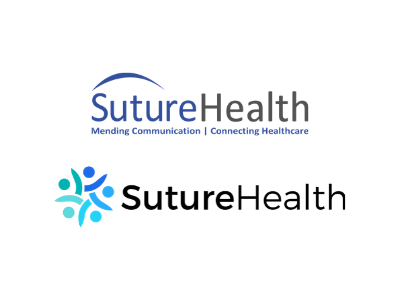What Are e-signatures?
An electronic signature by definition, established in the US Federal ESIGN Act, is an "electronic sound, symbol, or process, attached to or logically associated with a contract or other record and executed or adopted by a person with the intent to sign the record." In essence, an electronic signature or e-signature is a person's agreement to the terms of a document expressed electronically instead of expressing physically with pen and paper. 📝
How are they used?
The E-Sign Act, passed in 2000, allows the use of electronic records to satisfy any statute, regulation, or rule of law requiring that such information be provided in writing if the consumer has consented to their use. E-signatures are used in nearly every aspect of life, from tax returns to employee onboarding unless stated otherwise by legislation in the country of use.
E-Signature in Healthcare
E-signatures are even legally allowed in the healthcare industry with the stipulation that they conform to distinct regulations under the Uniform Electronic Transaction Act and the Esign Act to make it HIPAA-compliant. Medicare began accepting electronic signatures as far back as 2004. Electronic signature systems used in healthcare must adhere to these requirements to retain validity:
- Properly authenticate users
- Store an audit trail that would allow for reconstruction of the signature process
- Prevent post-signature modification
- Retain proof that document was electronically signed
- Store signed documents in a secure server
E-signatures are the future of healthcare. Providers that utilize e-signatures have seen an increase in productivity and efficiency due to the speed with which they can sign documents and get orders signed. This, in turn, increases the number of patients and associated paperwork they can accept and manage while increasing revenues. The ease of signing electronically also decreases costs by reducing FTEs and ensures documents are efficiently managed. Electronic signatures also improve compliance and security when authenticated by a trusted e-signature platform. In conclusion, e-signatures are growing in importance in every aspect of life, especially in the healthcare industry, but choosing the right e-signature platform is even more important to ensure regulatory compliance.
SutureSign is an easy-to-use electronic signature network brought to you by SutureHealth that enables senders and signers to exchange and sign clinical documents all in one place. SutureSign is one of the few HIPAA- and Medicare-compliant e-signature networks now with 7000+ companies using it across 34 states, making it healthcare's leading e-signature platform. Learn more by visiting our website or



.jpg)

.png)
